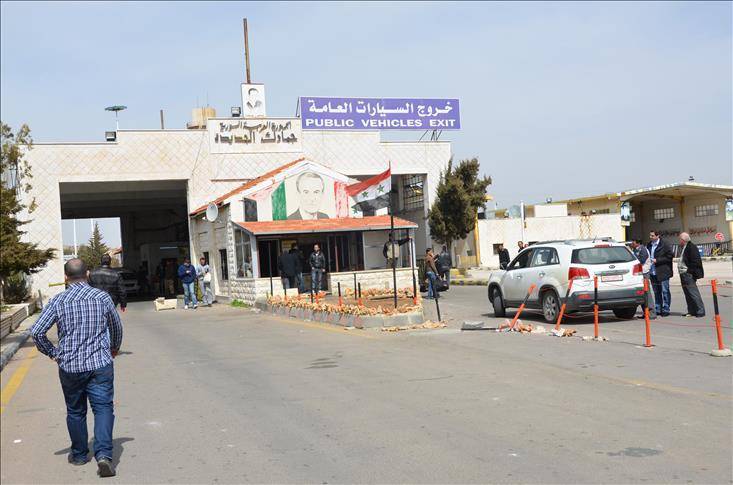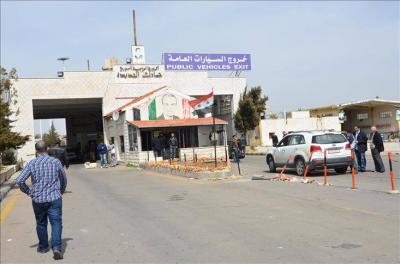With an additional influx of Syrian refugees into Lebanon due to economic considerations, the existential threat to the country has worsened as a result of the ongoing displacement crisis that has persisted since 2011. Meanwhile, the authorities find themselves confronting a difficult reality at the border, awaiting a political decision to regain initiative and establish a real solution.
President Najib Mikati was clear in his warning during a cabinet session that the unjustified displacement threatens our existential independence and poses a sharp imbalance to the structure of the Lebanese reality. However, the paradox is that the level of official response to this challenge has not yet risen to the magnitude of the threat recognized officially, while addressing or perhaps confronting it requires political action at the highest levels primarily.
Accordingly, placing all the heavy burden on the Lebanese army and security agencies alone is a reduction of the solution and crisis that does not achieve the intended purpose. It merely addresses some symptoms without tackling the core problem. Therefore, continuing to rely solely on military and security forces means they will continue to "chase" the refugees sneaking through illegal crossings in large numbers, or those violating from within, which is an exhausting cat-and-mouse operation requiring utmost logistical readiness, whereas the agencies are now accounting for even the fuel they use in their field missions.
Some believe that even sending some concerned ministers to Damascus is no longer sufficient, and that Mikati needs to have the courage to visit Syria personally to meet Syrian officials at the highest levels and discuss possible and effective mechanisms to stop the flow of refugees from one side and to facilitate the return of those present in Lebanon on the other according to the principles of what is known as safe return. Proponents of this view point out that as long as Mikati himself considers that the Syrian displacement is now a threat to the entity and its structure, the requirements of the supreme interest and national security warrant a visit to Syria, even if it entails a kind of political risk concerning the West, especially the United States, which is strict in implementing the Caesar Act and refuses any opening towards Damascus.
Unless the approach evolves towards a broader political direction, the issue of refugees will remain uncontrollable, and the northeastern border, which spans about 357 kilometers, will remain breachable no matter what the army does. Security sources clarify that four battalions of the army are deployed along the northeastern border, attempting with all their might to prevent the infiltration of refugees through the many geographical gaps by conducting patrols, setting up barriers, establishing ambushes, and enhancing surveillance.
However, the sources caution against placing an undue burden on the military institution and other agencies, as it is very difficult with the current numbers to secure all the convoluted border crossings amid the geographical complexities on the ground, while approximately 40,000 soldiers are needed to secure the borders, of which only about 8,000 are currently available.
The sources illustrate, for example, that it is not possible to close a river channel or provide complete coverage for very wide plains and lands that intersect with Syria. Ironically, when the army sometimes resorts to erecting earthen berms to close some openings in order to redistribute its personnel to areas that need them more, it later finds that bulldozers have removed those berms.
Alongside these non-conducive natural factors, organized networks exist on both sides of the border facilitating the smuggling and transport of refugees. When the army succeeds in detaining some of these individuals and sends them back to their country, the smugglers immediately take them back towards Lebanon, this time at half the price as a form of incentive and compensation.
Worse still, part of the judiciary resorts to releasing some smugglers detained by the army shortly after their arrest. In light of these realities, it has become certain that a significant political decision must be made to confront the repercussions of the refugee issue on all levels; otherwise, what lies ahead will be even greater.




